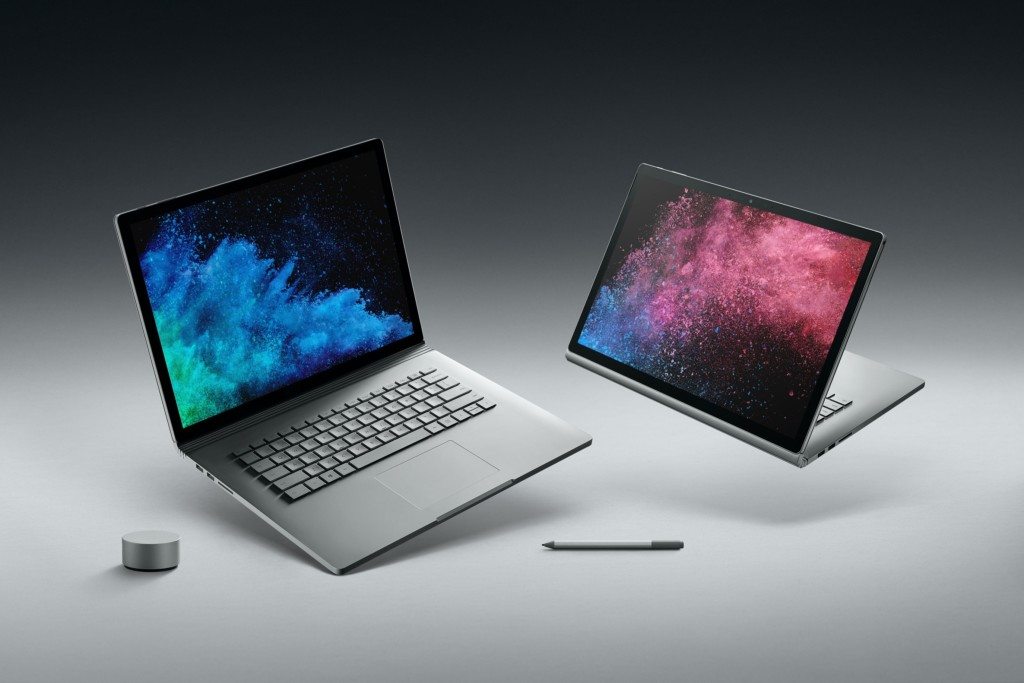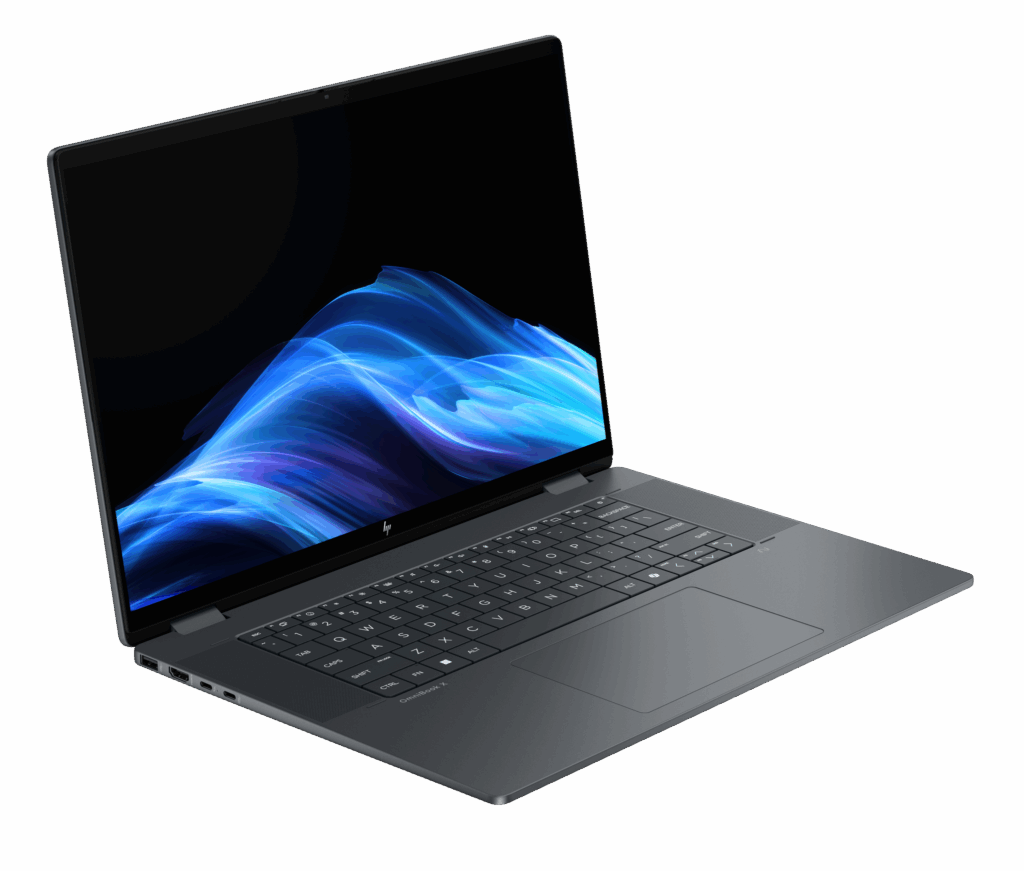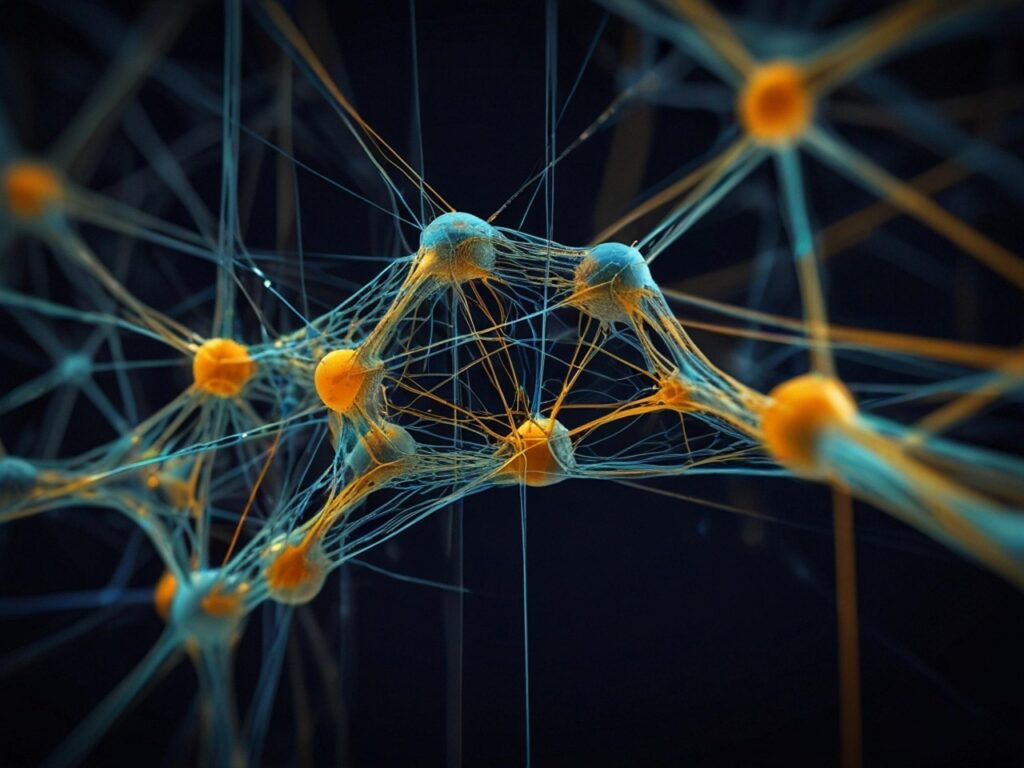One of the most common questions an analyst is asked is which product is better? We could be talking PCs, laptops, tablets, smartphones, servers, storage, networking, or, heck, even cars. We always have the answer and I will categorically say it is generally the wrong one. The reason is, there are always foundational elements that those that are asked the question don’t know.
For instance, years ago, we did an extensive evaluation of a set of bill payment systems and concluded the one we were using was inferior, switching to one that tested far better. The next day my department, Finance, got a call from our CEO telling us to reverse the decision because the vendor we’d just cancelled was also our largest customer. Their solution was “better” because our using it was predicated on them contributing materially to our bottom and top lines.
For anyone to answer the question “which product is better” they need to understand deeply what your criteria are. But, often, when we ask the question ourselves, we haven’t thought this through and we don’t know or don’t communicate the criteria that defines the question best.
Let’s take my current 4 favorite laptops: The Microsoft Surface Book, The Dell XPS 15, The HP Spectre Folio, and the Lenovo Yoga C630. Each is “best” depending on what priorities I have on a trip (and yes, I have all 4).
Microsoft Surface Book: Image
The laptop you have can enhance your image and if I want to make a personal statement then the Microsoft Surface Book is my go-to laptop. It can be a tablet but with the high-end build and the NVIDIA GPU this is a solid performer as well. But if I want to walk into a room and have people notice what I brought, so image is my most important feature, then, in my opinion, there is no product better than the Microsoft Surface Book.
Dell XPS 15 2-in-1: Productivity/Gaming
If I’m going to be gone for a number of days, I’m going to want a machine I can play games on to work off stress and aggravation. The extra-large screen makes it far easier to have both reference material and work product on the same screen, the NVIDIA graphics allows for game play, and it is the closest thing to a portable desk PC I have. So, if I need a fully capable portable PC that will make me miss my desktop system less the Dell XPS 15 2-in-1 is my choice.
HP Spectre Folio: Carry Comfort/Targeted Use
I spend a surprising amount of time in law offices and in courtrooms. In addition, there are events I go to where I need something that is comfortable to hold and that has enough battery life to leave my charger in the hotel. The HP Spectre Folio with its leather covered case just fits in a law office or court and it also has all day battery life and a WAN connection so I can operate on the fly and holding it isn’t a hardship (it is the easiest PC I ever had to carry). This is particularly ideal if I need to annotate or draw while standing.
Lenovo Yoga 630: Free At Last From The Damned Power Brick
This is based on the latest Qualcomm Snapdragon processor and the Lenovo Yoga 630 combines a nice keyboard with multi-day battery life. This laptop is particularly useful on long plane trips, meetings, and conferences where power is iffy. Like the Folio above it has a Wan connection making this particularly useful at conferences where the Wi-Fi access points get pounded and often fail. If Amazon would allow the download of movies on a PC this would likely be my go-to box for movies on a plane as well. But if you need the near perfect blend of good screen size, light weight, battery life, and constant connectivity this box stands out. I also think, given the move to technologies like the Microsoft Virtual Desktop, that this product is the most forward looking of the set.
Zen and the Art of Motorcycle Maintenance
One of the most interesting and informative books I read as a young adult was given to me by my step-sister’s father, Ed Carrigan, and it was titled Zen And The Art Of Motorcycle Maintenance. It was a best seller at the time and it spoke to quality and how our perception of quality was relative. This is true of most things we put a value on. For instance, you may be really happy with the car you purchased until you get home and find you neighbor either got a different better car, or the same car for a lower price. Nothing changed about what you bought, the only thing that changed is your perception.
If you want to be happy with your purchase, you not only need to consider what your needs are and lock them down you need to reflect on how those needs and perceptions might change in the coming months. If you don’t do both, you’ll likely regret your choice and that would suggest you didn’t pick the best product.
Wrapping Up: Deep Learning
This may seem a tad orthogonal, but we are crap at pointing to the “best”. We often don’t really understand our own needs at the moment and virtually never anticipate how our perceptions will change post purchase, so buyer’s remorse not only is a “thing”, but it is almost a certain outcome. The one thing that may eventually help us is the application of a deep learning AI (artificial intelligence) system that can analyze our past purchases, knows our current needs, and can anticipate the future in order to provide a personalized “best” selection for us. More importantly, knowing that such a system made this choice should, assuming we trust that system, lock in our perception that the choice was best for us—thus locking out buyer’s remorse.
We aren’t there yet. Until we are, my advice is that before each major purchase you spend as much time thinking about your current and future needs before you even start looking at product and then lead with your mind instead of your heart. You’ll make a better choice and have a far higher chance of avoiding buyer’s remorse.
- The HP OmniBook X Flip 2-in-1 16-Inch: Your New Digital Swiss Army Knife (Now in Glorious Atmospheric Blue) - June 25, 2025
- The Open AI Avalanche: Why AMD’s Collaborative Spirit Is Outmaneuvering NVIDIA’s Empire - June 22, 2025
- Lenovo Embraces OpenBMC: A Step Towards Greater Transparency and Control in the Data Center - June 17, 2025



